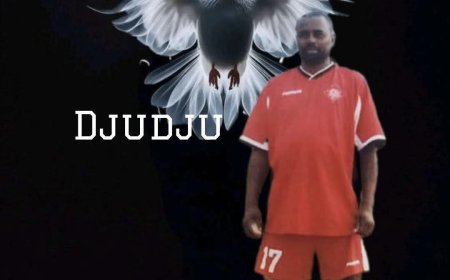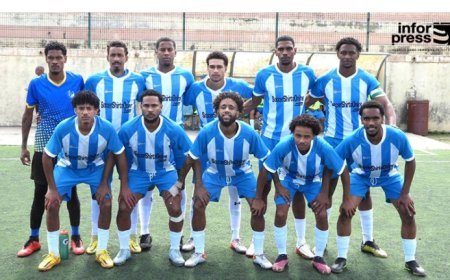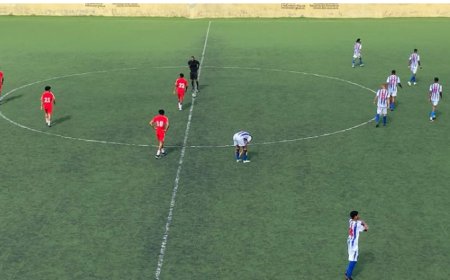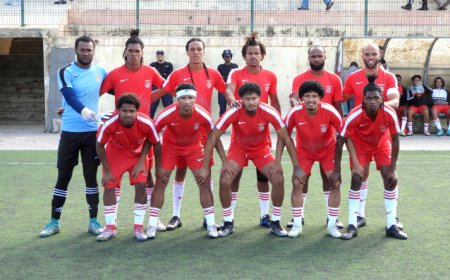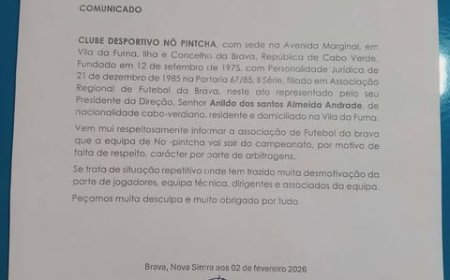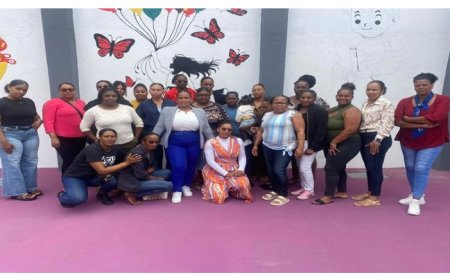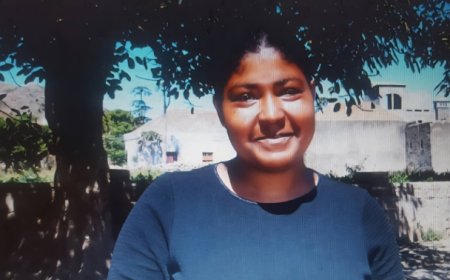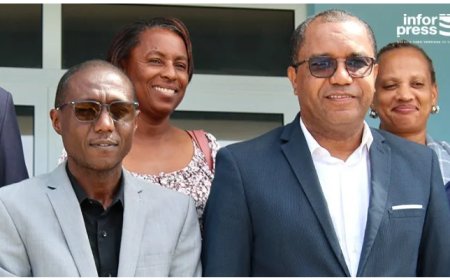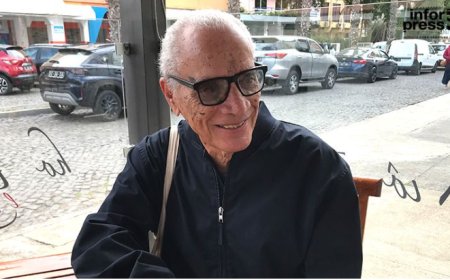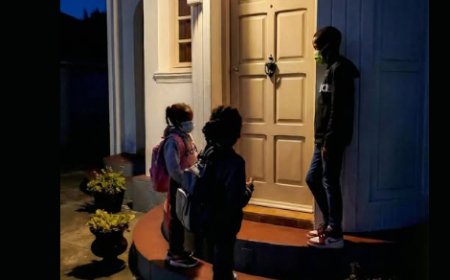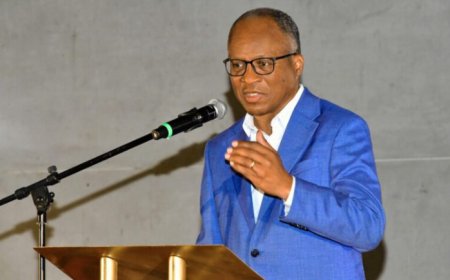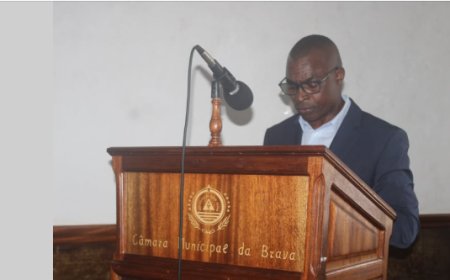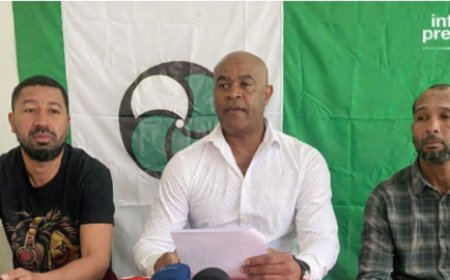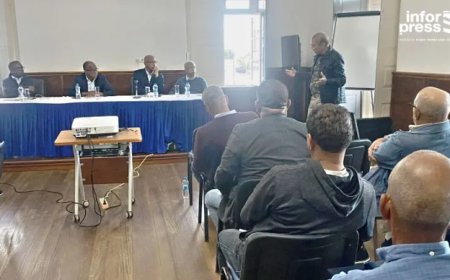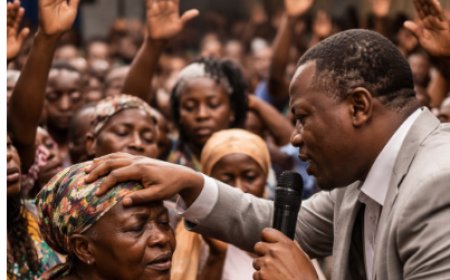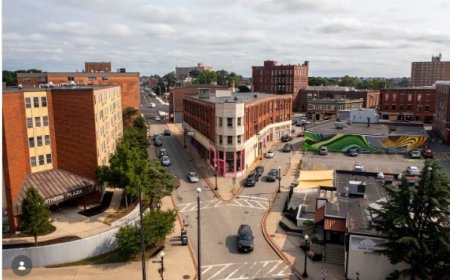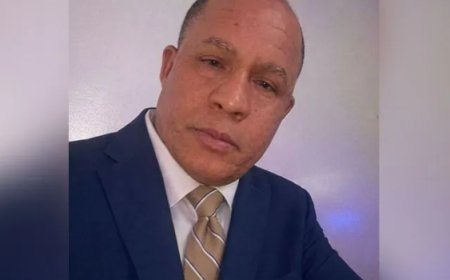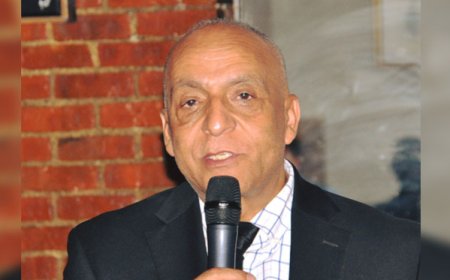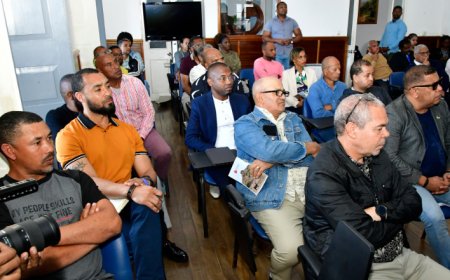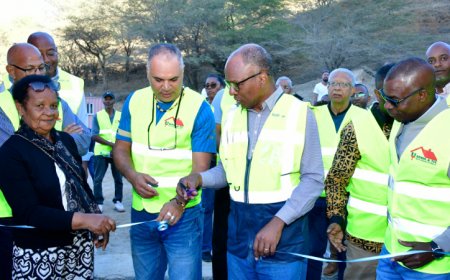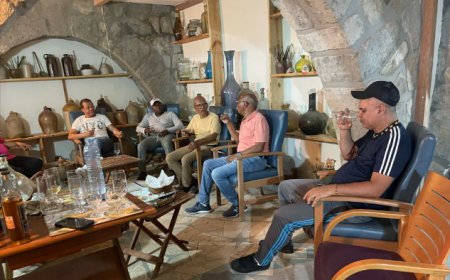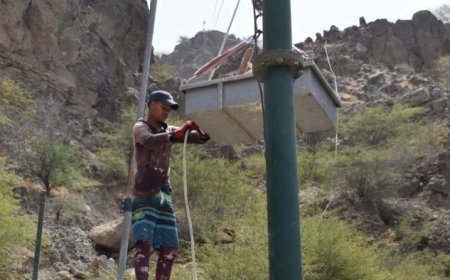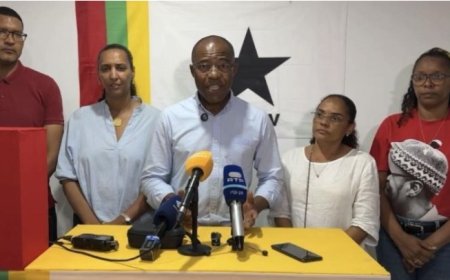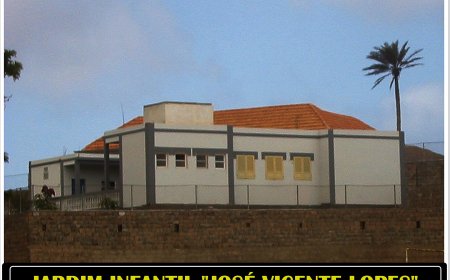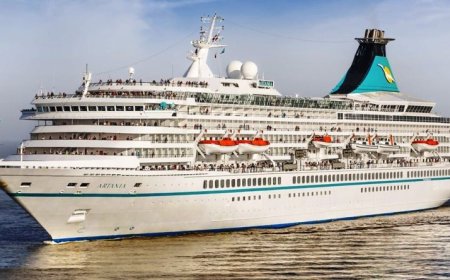Former CMB President Francisco Tavares calls for in-depth analysis and shared responsibility for the island's development
Nova Sintra City, April 30, 2025 (Bravanews) In recent statements on social media, the former mayor of Brava, Francisco Tavares, defended the need for a more in-depth and comprehensive analysis of the challenges facing the island, as well as a greater sharing of responsibilities in its development. Tavares criticized the tendency to solely blame central governments for Brava's problems, arguing that such an approach prevents a complete understanding of the situation and, consequently, the implementation of effective solutions.
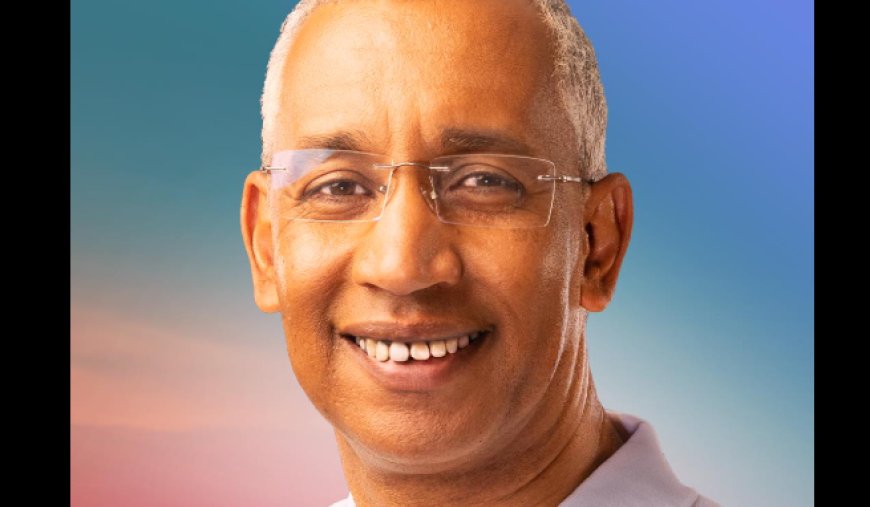
For the former mayor, the analysis of Brava's problems must be "deeper, more comprehensive, multifaceted, multidirectional, multifactor" beyond merely blaming the central bodies of power. He stressed that as long as the analysis is limited to blaming, "the result will be the same".
Tavares used a strong metaphor to describe Brava's situation, comparing it to "a mother whose first to abandon her are her own sons and daughters". This image illustrates the vicious cycle that, according to him, has taken hold on the island. The constant departure of residents leads to a continuous "reset" in various areas, making it difficult to create conditions that encourage people to stay.
The former president described this cycle as a "loop characterized by: I have to leave the island because the island doesn't have X or Y or Z conditions ... and X or Y or Z conditions aren't created because there's no one to make them happen or because there aren't enough people to justify making them happen."
Tavares acknowledged the aspiration of all Bravenses for an island with all the necessary conditions, but regretted the attitude of many who expect "others to do for Brava because we don't sacrifice here on the island to make it happen". According to him, faced with the first opportunity for a better life off the island, many don't hesitate to leave.
While acknowledging the governments' "share of responsibility" for what Brava has become, Tavares advocated "self-criticism about individual responsibility for what Brava is today, in both its positive and negative aspects". This call for individual reflection aims to promote a greater awareness of each person's role in the island's development.
Despite his critical tone, Francisco Tavares acknowledged that "in everything there are exceptions to the rule". He highlighted the existence of "many children of this land who won't abandon it for anything, who believe in it and make it happen".
With regard to specific problems, such as the issue of transportation to and from the Brava, Tavares said that "the Brava has children who, if they really wanted to, individually or as a group, would have resolved this issue many years ago". This statement suggests that the lack of solutions to some of the island's problems may be related to the lack of initiative and involvement of the Bravenses themselves.
Francisco Tavares' statements launch an important debate about the future of Brava, encouraging a deeper analysis of its difficulties and a greater sense of responsibility on the part of all its children, both those who remain on the island and those who have left.






